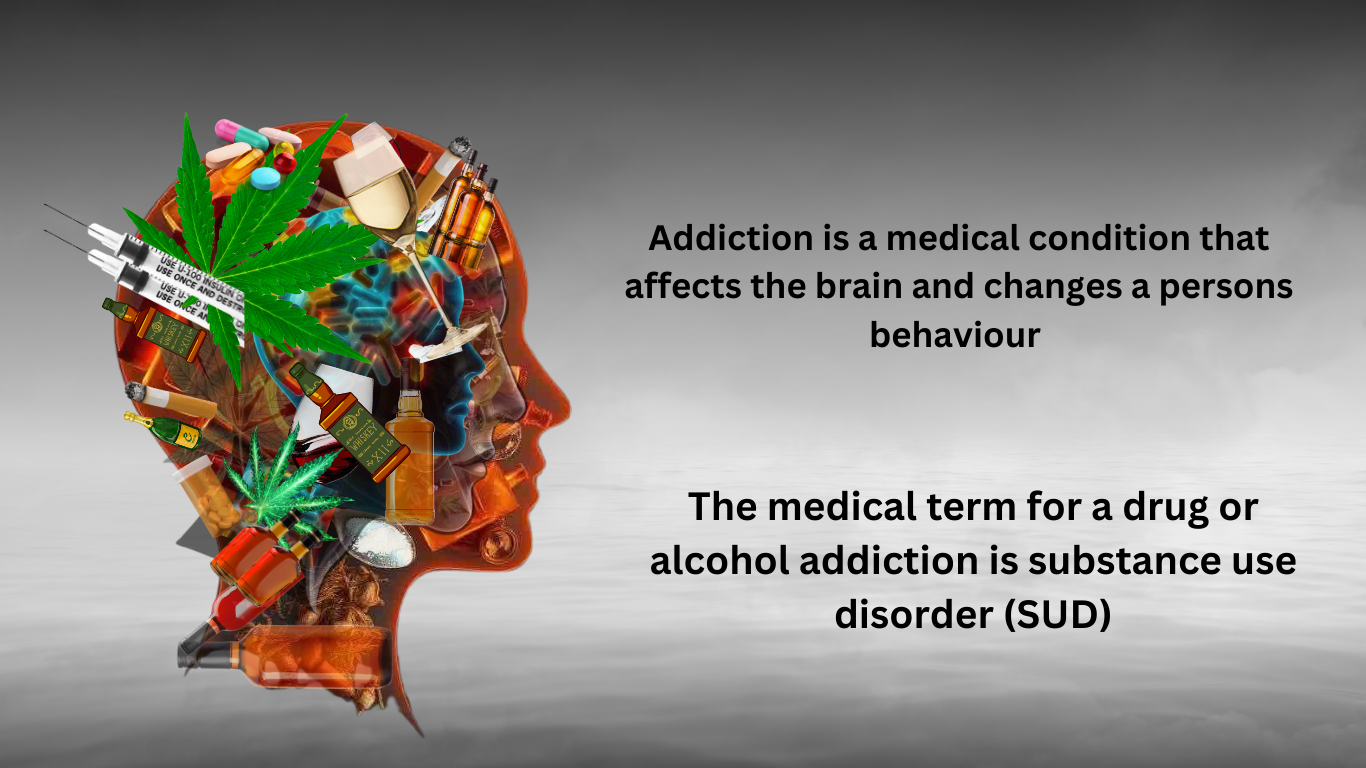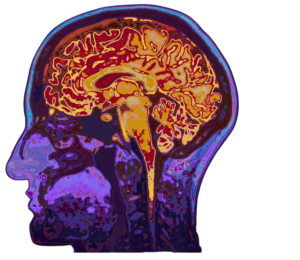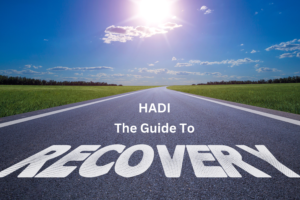What is Addiction………..

 Addiction is a condition where a person feels a strong, uncontrollable need to engage in a behaviour or consume a substance, even if it causes harm to themselves or others. This can include things like alcohol, drugs, gambling, or even activities like shopping or using the internet.
When someone is addicted, they often find it difficult to stop, even if they want to. Their brain becomes wired to seek out the substance or behaviour, leading to changes in thoughts, feelings, and actions. Addiction can affect anyone, regardless of age, background, or circumstances, and it often requires support and treatment to overcome.
Addiction is a condition where a person feels a strong, uncontrollable need to engage in a behaviour or consume a substance, even if it causes harm to themselves or others. This can include things like alcohol, drugs, gambling, or even activities like shopping or using the internet.
When someone is addicted, they often find it difficult to stop, even if they want to. Their brain becomes wired to seek out the substance or behaviour, leading to changes in thoughts, feelings, and actions. Addiction can affect anyone, regardless of age, background, or circumstances, and it often requires support and treatment to overcome.
It’s Complex
Addiction isn’t simple…
Consider heroin addiction, for example.
Were you to ask somebody ‘what causes heroin addiction?’
They would be likely to indicate that heroin was the cause, thereby locating the addiction in the substance rather than the person.
And it is true that were you to use heroin for 20 days, by the 21st day your body would crave the drug. However, if you were to break your hip you may be given diamorphine for weeks or even months. Diamorphine is pharmaceutical heroin and usually stronger than that which is available from an illegal drug dealer. If we follow the logic of the chemical hook, the person prescribed a narcotic for pain for a reasonable length of time should become an addict.
But that is simply not the case.
While drugs do have a chemical impact on the brain that can trigger a person’s addiction, it is not entirely cut and dry and treating addiction effectively it is not just about keeping the user away from the object of her or his dependence.
The real work begins after detoxification when the underlying issues, the ‘addiction’ needs to be addressed and recovery capital built in and around the addict.
How does someone become addicted?
The pathway to addiction is rarely straightforward. It often begins with experimentation and can be influenced by various factors such as genetics, mental health issues, trauma, and environmental stressors. As individuals seek relief from pain or pleasure from substances or behaviours, their brains undergo changes that can lead to dependence. This process is gradual, and what starts as occasional use can evolve into a compulsive need, driven by the brain’s altered reward system.
Understanding addiction
Is addiction an illness?
 Yes, addiction is considered an illness, and it’s important to remember that having an addiction doesn’t make you a bad person. Just like any health issue, addiction affects the brain and how we behave. It can make it really tough to resist certain substances or activities, even if you know they’re not good for you.
Yes, addiction is considered an illness, and it’s important to remember that having an addiction doesn’t make you a bad person. Just like any health issue, addiction affects the brain and how we behave. It can make it really tough to resist certain substances or activities, even if you know they’re not good for you.
Think of it like this: when someone has an illness, they need support and care to feel better. The same goes for addiction. It’s a challenging condition that many people face, and it doesn’t define who you are.
In our experience the psychological part of addiction is a form of self-medication which can sometimes be linked to an underlying traumatic experience, emotional stress, genetic predisposition or mental health disorder. This can lead to out of character, risky, harmful and criminal behaviours where the person becomes single minded and powerless in pursuit of the addictive substance or activity.
If you or someone you know is dealing with addiction, it’s a sign that help and understanding are needed, not judgment.
Recovering from addiction
 Recovery from addiction is a nuanced and often non-linear process. It involves addressing both the physical dependence and the emotional or psychological aspects of addiction. Successful recovery usually includes a combination of therapy, medication, lifestyle changes, and support from family and peers. Individuals must work to rebuild their lives, develop healthier coping mechanisms, and learn to navigate triggers and cravings. While the journey can be fraught with challenges, it is also filled with opportunities for personal growth and transformation.
Recovery from addiction is a nuanced and often non-linear process. It involves addressing both the physical dependence and the emotional or psychological aspects of addiction. Successful recovery usually includes a combination of therapy, medication, lifestyle changes, and support from family and peers. Individuals must work to rebuild their lives, develop healthier coping mechanisms, and learn to navigate triggers and cravings. While the journey can be fraught with challenges, it is also filled with opportunities for personal growth and transformation. SIMPLE ADMISSIONS PROCESS
More Than Just Another Treatment Centre
Schedule your FREE and 100% confidential assessment with our Admissions Team Today


